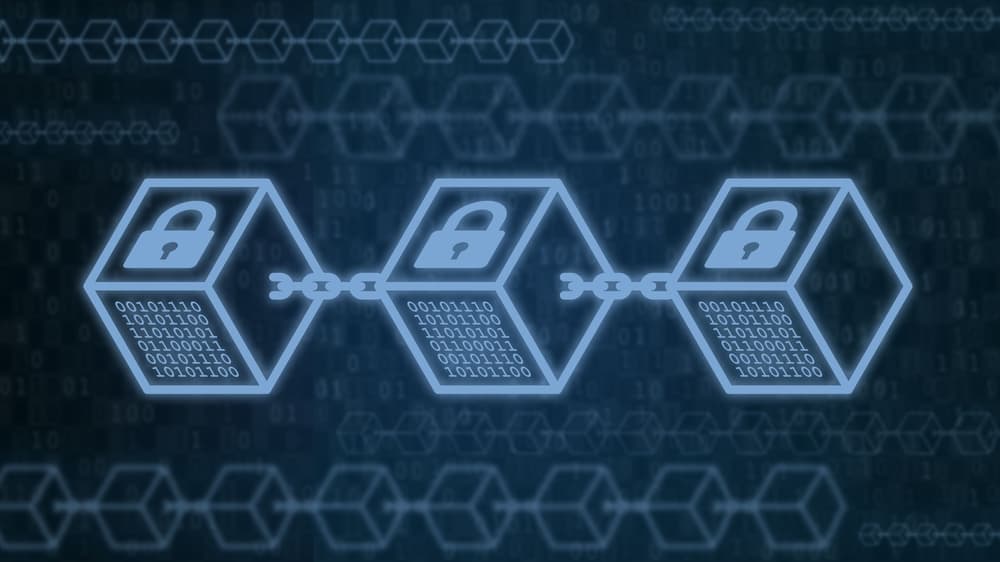Technologies
What Impact Will Blockchain Tech Have In The Next Ten Years?
11 Jul 2022

From banking to healthcare to refrigerators, blockchain will likely have a sweeping impact on our future. Here we’ll explore the tech behind the high-security public ledger system known as “blockchain”, and its potential to change how we live, interact, and transact over the coming decade.
Blockchain technology not only allows people to exchange money more quickly, securely, and efficiently, but many banks are already working to incorporate it into their operations.
Any given organization or individual does not own a blockchain. Instead, data is distributed across a network of many personal computers, removing the need for a middleman. It’s decentralized, so it can’t be hacked or taken down by a single person. Privacy and anonymity are built into the system because it is protected by cryptography, but all transactions are tracked through wallet addresses, recorded, and publicly viewable. So the system is private and transparent at the same time.
The risks that centralized servers face include data loss, human error, corruption, and hacking. Consider the numerous hacks at Verizon, Target, Equifax, and Deloitte in recent years. However, all data in the blockchain is encrypted and verified using advanced cryptography, making it impenetrable to hacks and data breaches.
As IoT makes its way into more aspects of our everyday lives, blockchain implementation becomes increasingly critical. Buildings, cars, refrigerators, and even doorbells are now part of the IoT revolution, including network connectivity, software, and sensors. Without the blockchain barrier, hackers can potentially access the vehicle you are driving or even appliances and items in your home using devices that operate from a central location that handles communications. Because blockchain decentralizes data and information, it has the potential to address these serious security issues.
Additionally, Blockchain has the potential to make automated communication safer, faster, and more reliable. Digital communication or mechanical systems based on pre-built algorithms are widely used in specific industries. In practice, system alerts, emails, and call notifications are examples of this. Blockchain allows for more free transactions and bidirectional communication in an automated environment while also creating an immutable record of communication. As a result, we expect our communications to be much more reliable.
Blockchain technology has the potential to reduce government red tape while also improving transparency, security, and efficiency. Unemployment and welfare benefits could be distributed and verified more efficiently, and votes could be counted to ensure legitimacy.
A secure platform is required with all the personal information about patients that hospitals collect. So, why can’t all medical data be stored in a single location? Hospitals and other healthcare organizations could use the blockchain to create a secure database to store medical records, so all authorized patients and doctors could have equal access to them.
Even though Airbnb and Uber appear to be decentralized networks, the platform owners are centralized entities that run the system and take a cut of all transactions. Again, blockchain can create decentralized peer-to-peer ride-sharing or vacation stay apps, to remove the need for a central authority.
While blockchain is still in its early stages, it will significantly impact energy and supply-chain management, retail, online music, consulting, forecasting, real estate, and other industries. The options are nearly endless, and time will tell, but one thing is for sure: a future with blockchain technology in every industry, is a more secure and fair digital future.
Be sure to follow 42 Studio on Twitter to see how 42 Studio is making way for a blockchain-oriented future.


